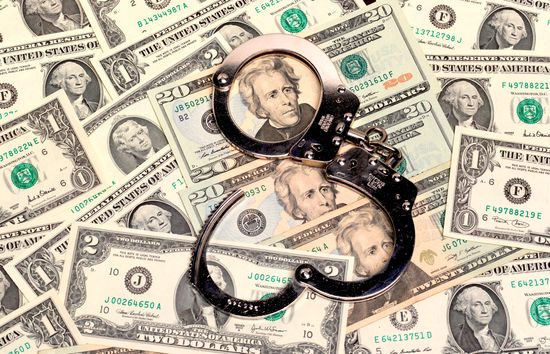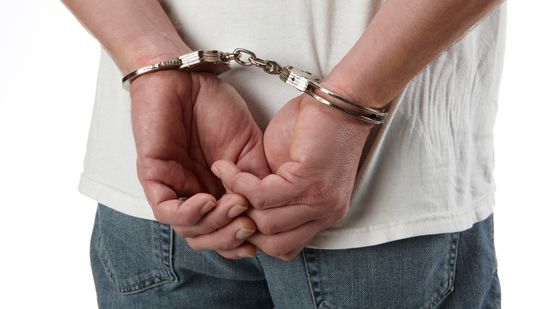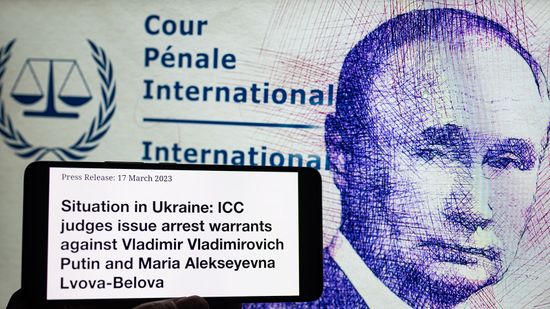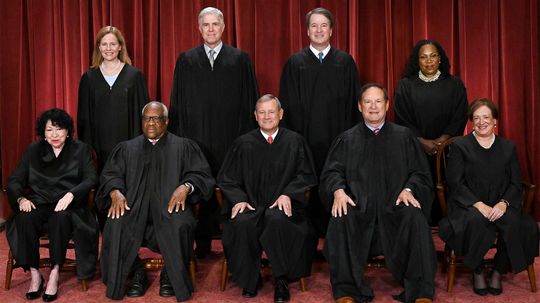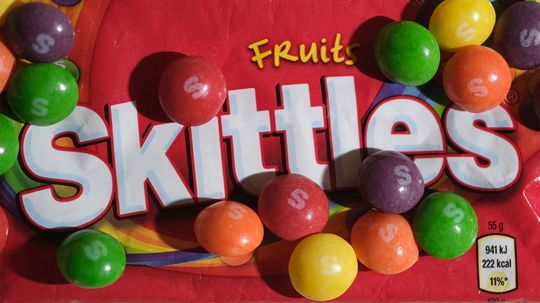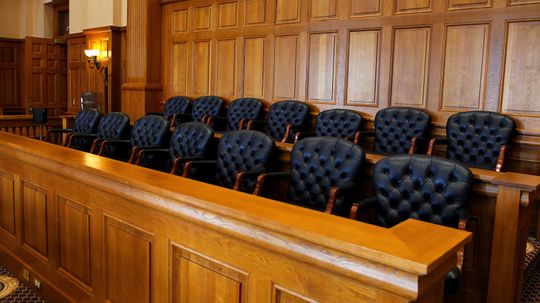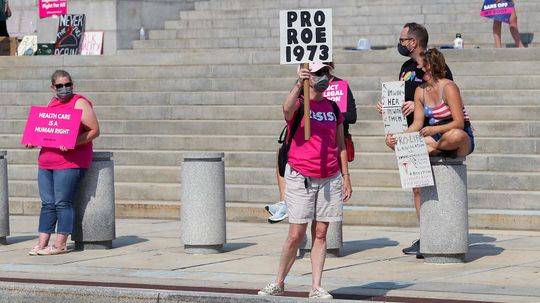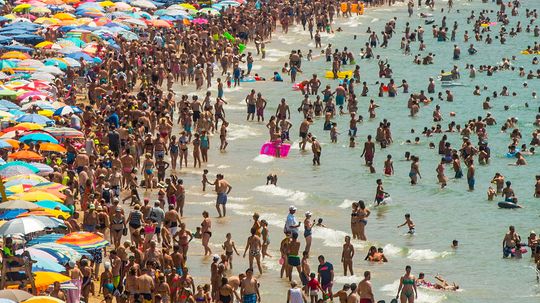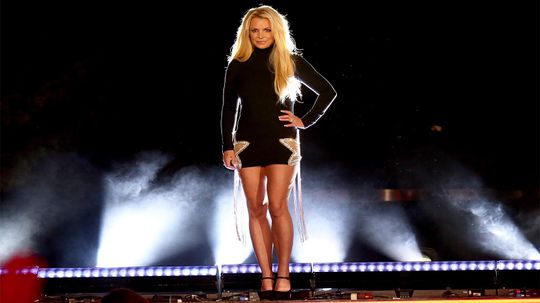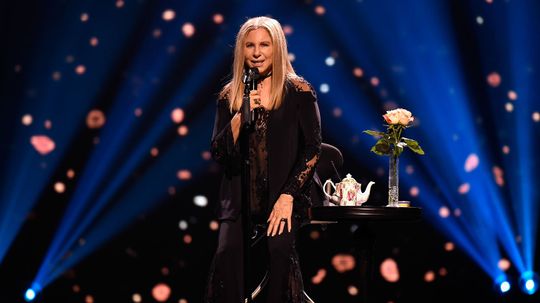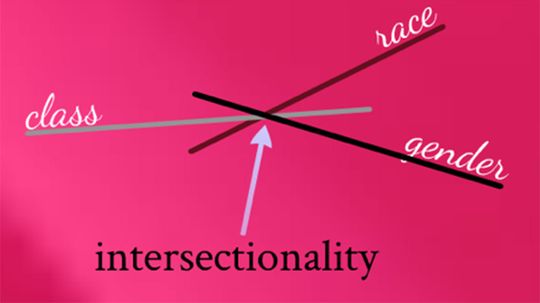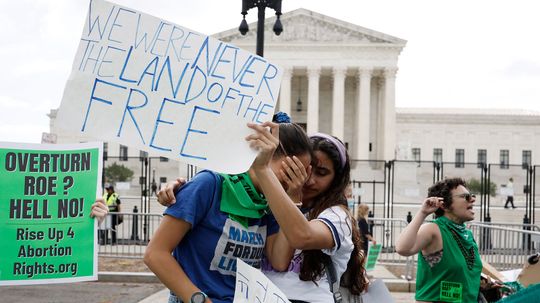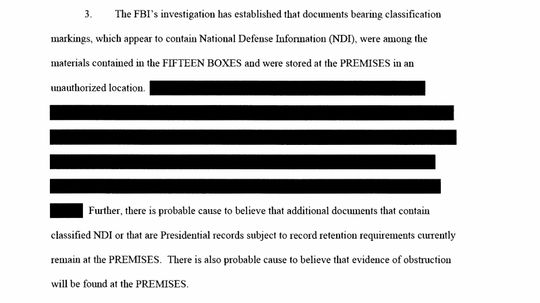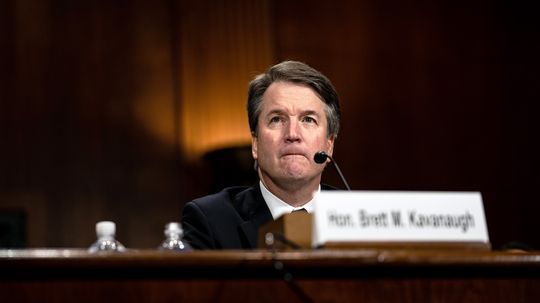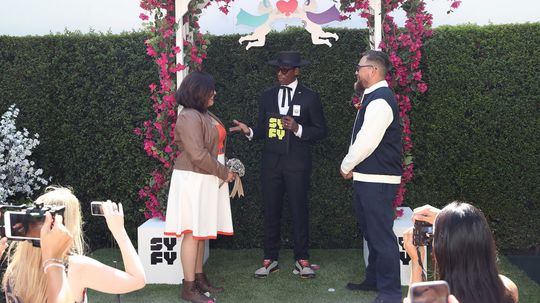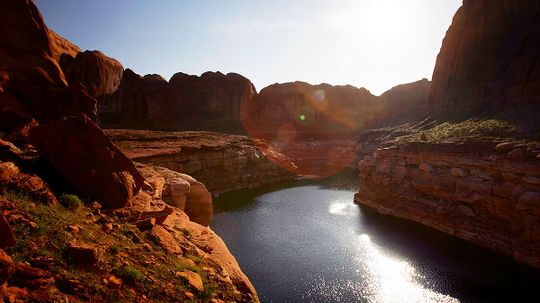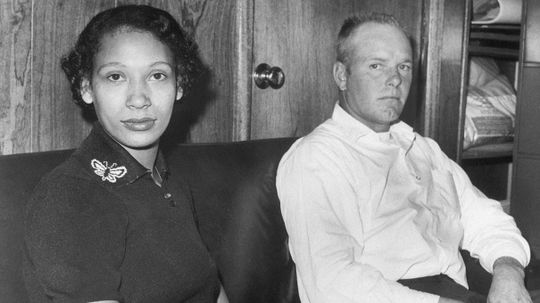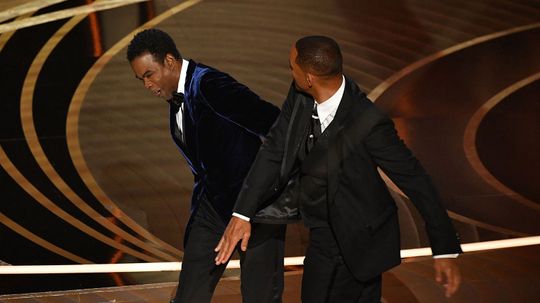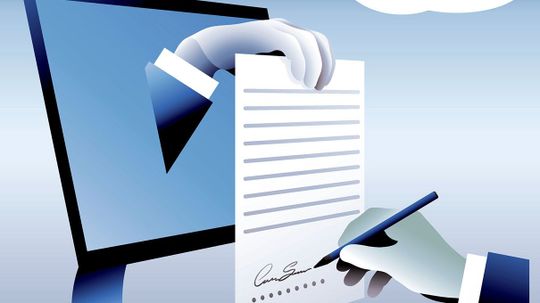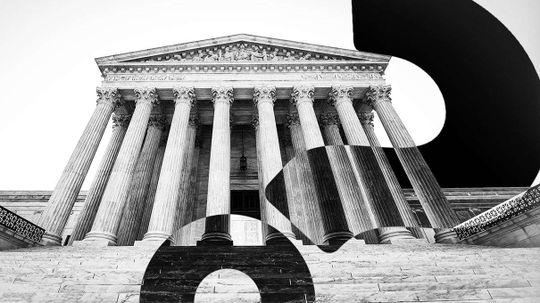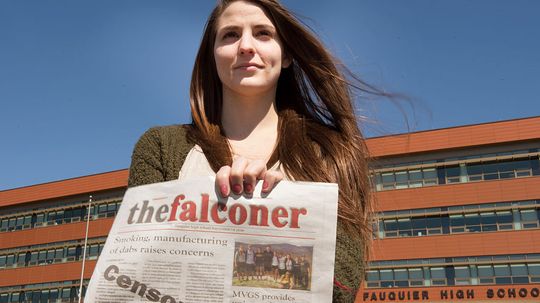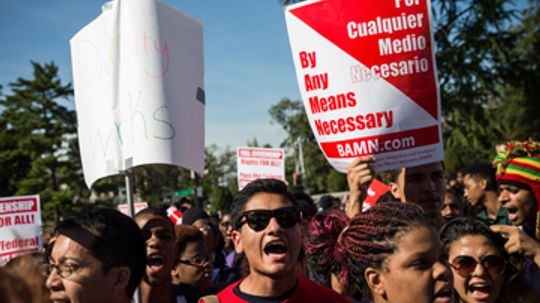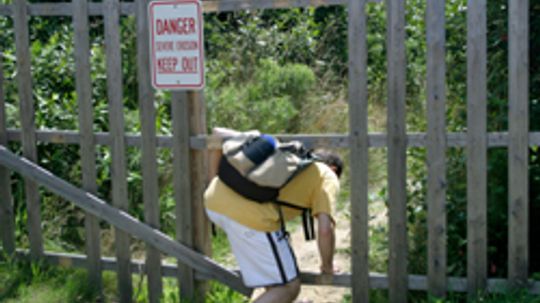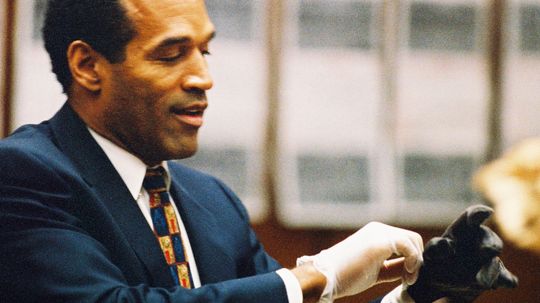Lawsuits
The Lawsuits Channel contains information relating to the non-criminal aspects of the court system.
Learn More
The court heard oral arguments Oct. 31, 2022, in two cases that could end the use of race as a factor in college admissions decisions. How could this also affect affirmative action in the military?
By Travis Knoll
Taste the rainbow or a dangerous additive? Skittles contain titanium dioxide, which some say causes health problems in humans. So, why is it still on the ingredient list?
About seven in 10 Americans log on to social media, the Pew Research Center reported in April 2021. By the time a high-profile court case rolls around for jury selection, there's a good chance they've heard something about it. Can the impartial jury system survive the digital age?
Advertisement
The Supreme Court heard oral arguments in the challenge to the restrictive Mississippi abortion ban Dec. 1, 2021. What does it mean for Roe v. Wade? Could the landmark case be overturned?
On most U.S. shorelines, the public has had a time-honored right to "lateral" access to beaches. That sandy space, however, is being hotly contested.
Pop princess Britney Spears has been locked in a conservatorship since 2008. Hers isn't a typical conservatorship for many reasons. We'll explain.
By Sarah Gleim
When Barbra Streisand sued a photographer who took a photo of her house, the ensuing publicity called far more attention to the picture than it would have gotten otherwise. And that's not the only time attempted censorship has backfired.
By Dave Roos
Advertisement
Intersectionality was originally a legal way to recognize that people who were members of more than one identity group deserved equal treatment. But critics have charged that intersectionality has fostered a sort of 'oppression Olympics.'
By Dave Roos
Some Supreme Court cases are so well-known they're often referred to by their case names, like Roe v. Wade. But what were the cases really about, and what did they decide?
By Dave Roos
You probably don't know her name, but Mitsuye Endo was the plaintiff in the landmark lawsuit that ultimately led to the closing of the U.S. Japanese internment camps after the bombing of Pearl Harbor.
The U.S. Justice Department had to release a redacted affidavit related to the FBI's search of former President Donald Trump's Florida estate. How does the redaction process work?
Advertisement
The Constitution allows Supreme Court justices to be impeached by the House and put on trial by the Senate, but it's only happened once and that was in 1805.
Online ordination may be quick and easy and presiding at a friend's wedding may be fun and meaningful. But these marriages haven't always held up in court.
By Dave Roos
A lawsuit in federal court in Colorado seeks to establish that the Colorado River ecosystem has legal rights similar to those of a person.
Richard and Mildred Loving's interracial marriage was against the law. But it led to the Supreme Court's historic decision in 1967 to ban anti-miscegenation laws across the country.
Advertisement
Research shows that nicotine residue lingering in furniture and carpets may be hazardous to kids. Could that mean legal action for unsuspecting homeowners and tenants?
By Dave Roos
If someone is insulting you or your family and you clock 'em, can you get away with it, legally?
By Dave Roos
Companies are actually hoping you won't read these 8,000-word documents before you click "agree." But why?
By Dave Roos
Good Samaritan laws are intended to protect you from a lawsuit if you help strangers during an emergency. But they may not protect you in every situation.
Advertisement
The Supreme Court has ruled in a big Fourth Amendment case that under certain circumstances, evidence found during an illegal stop could be used in legal proceedings.
By Ben Bowlin
Free speech is one of America's most fiercely guarded freedoms, but that doesn't mean that citizens can say whatever they like with no threat of punishment. In several cases, the U.S. Supreme Court has ruled in favor of limitations.
In the U.S., can you truly say anything you want, or are there limits? Who decides them? And might this change in the age of the globally connected village?
By Julia Layton
Sometimes the things that fascinate us most are dangerous. Attractive nuisances draw the attention of children and often cause injuries or even death. What everyday neighborhood features are likely to harm kids?
By Beth Brindle
Advertisement
Say you're a government agency or a company of some sort and you want to negotiate the terms of a working relationship with another group or agency. However, you're not too enthused by the idea of lawyers, contracts and legalese. That's where Memoranda of Understanding come in. What are these MOUs, exactly, and who uses them?
If justice is blind, then why do some court decisions spark outrage and violence? Even with an impartial jury, court cases don't always go according to plan.


